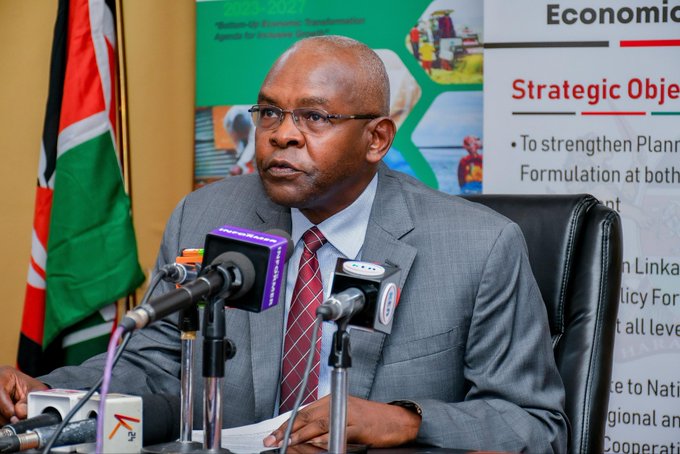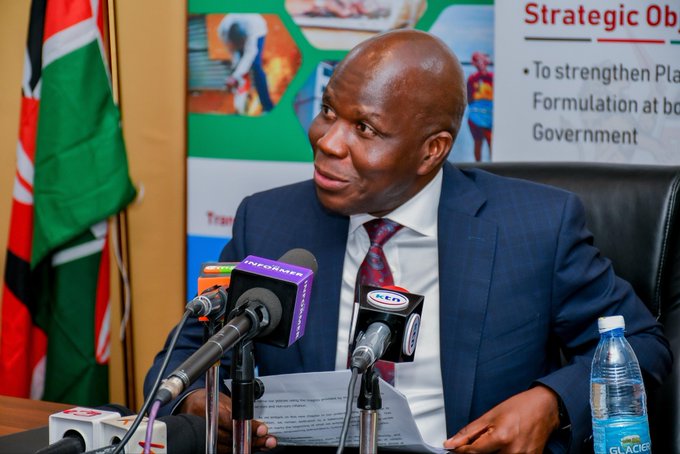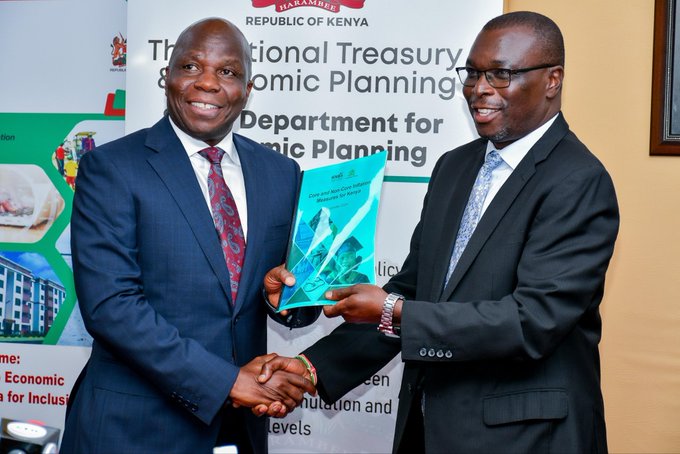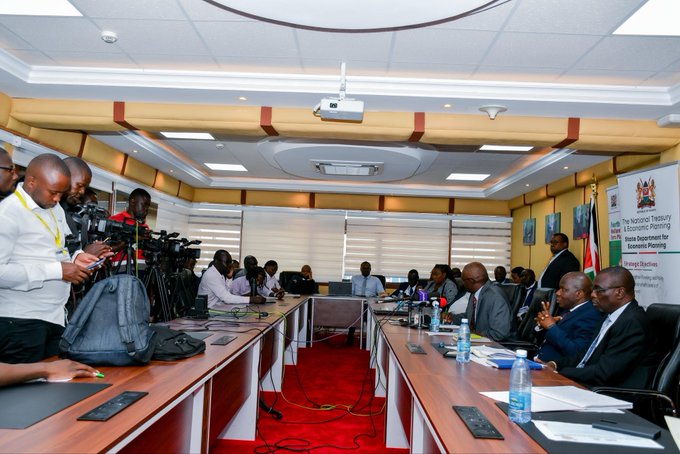NAIROBI, Kenya – In a country often celebrated for its tech-savvy population, a new report by the Kenya National Bureau of Statistics (KNBS) reveals a surprising reality: only 53.7pc of Kenyans own a mobile phone.
Dubbed the Kenya Housing Survey Basic Report (2023/24), this comprehensive study shines a spotlight on disparities in mobile phone ownership, underscoring the digital divide between urban and rural populations.
According to the report, urban dwellers lead in mobile phone ownership, with 64.6pc having access to a device, compared to just 48.6pc in rural areas.
Counties like Nairobi and Kirinyaga boast the highest ownership rates at 67.7pc and 65pc, respectively.
The report marks a critical step in the ongoing efforts by the government to providing deeper insights and effective responses to prevailing inflationary trends.@KNBStats @CBKKenya @KIPPRAKENYA @NCPD_Kenya @NepadAprmKenya @NGCDF_Kenya @KeTreasury @Planning_Ke @KBCChannel1
On the flip side, Turkana and West Pokot lag significantly behind, with ownership rates at a mere 29.4pc and 29pc.
This gap underscores the pressing need for initiatives that bridge the technology divide.
By expanding access to mobile technology, Kenya could unlock untapped potential in rural areas, spurring innovation and economic growth.
Equal Access for Men and Women
In a positive twist, the report highlights near parity in mobile phone ownership between men and women.
Nationally, 54.5pc of men and 52.9pc of women reported owning a mobile phone in the last three months.
This trend held steady across both urban and rural areas, marking a win for gender equity in digital access.
However, ownership isn’t the whole story.
The report also delves into usage patterns, revealing that 64.9pc of Kenyans aged three and above used a mobile phone in the past three months.
Urban areas once again took the lead, with a usage rate of 76.pc compared to 59.6pc in rural regions.
The KNBS survey, which sampled 25,900 households across 47 counties, provides a granular look at mobile phone ownership and usage.
Its findings are crucial for policymakers and industry players aiming to craft solutions that address disparities in access.
With mobile technology playing an increasingly vital role in areas like banking, education, and healthcare, these insights could guide efforts to promote inclusive growth and digital literacy.
Bridging the Digital Divide
While the data highlights gaps, it also points to opportunities.
Investments in infrastructure, affordable devices, and digital education could significantly boost mobile adoption in underserved areas.
As Kenya continues to position itself as a hub for innovation, closing the urban-rural divide in mobile connectivity could pave the way for a more digitally inclusive future.







